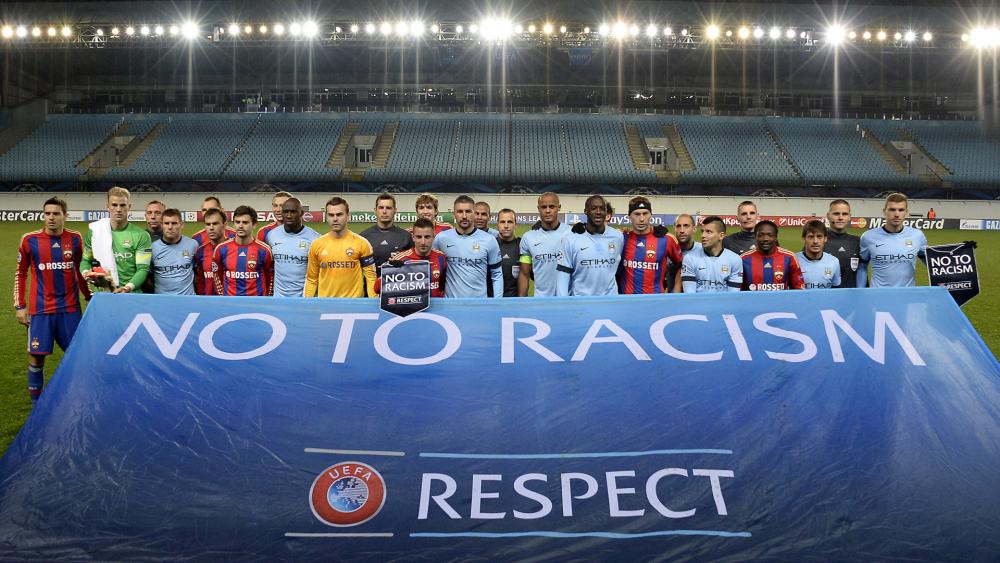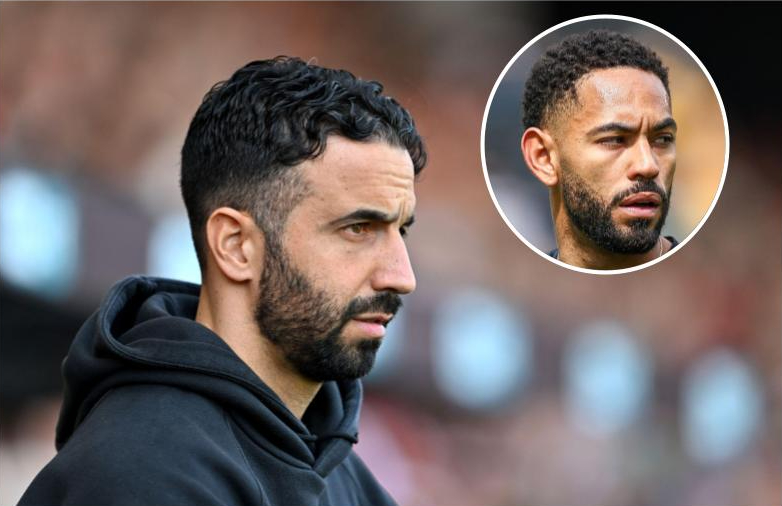Racism threatens Russia 2018's viability
FIFA vice president Jeffrey Webb has cast doubt on the future of the 2018 World Cup in Russia, claiming the tournament cannot be held there with the current level of racism in the country.

Qualification for Russia 2018 began on Thursday but Webb, who also serves as CONCACAF's president, believes FIFA will have to move the World Cup somewhere else if the Eurasian nation does not clean up its act.
According to the World Values Survey - an international network of social scientists - between 15 and 20 per cent of the Russian population answered "people of another race" when asked to pick groups they would not want as neighbours in 2013.
For countries such as the United States, Australia, Sweden and Britain the percentage dropped to between zero and five per cent.
Webb confirmed this is a concern for FIFA, despite the fact football's global governing body selected Russia ahead of Portugal-Spain, Belgium-Netherlands and England in 2010.
"Definitely Russia poses a huge challenge for FIFA and the World Cup from a racism standpoint," Webb told ESPNFC.com on Thursday.
The prevalence of racism in Russian society is mirrored in its football.
In September, Zenit St Petersburg striker Hulk was the subject of racist chants during a match against Spartak Moscow, while in 2013, Manchester City's Yaya Toure suffered similar treatment in a UEFA Champions League match away to CSKA Moscow.
Get FourFourTwo Newsletter
The best features, fun and footballing quizzes, straight to your inbox every week.
In 2012, a Zenit fan group sent a petition to the Russian Premier League club demanding the St Petersburg-based outfit never sign "black players" or those from "sexual minorities".
The Fare (Football Against Racism in Europe) Network released a report last month detailing 99 reported incidents of racism in Russian football from May 2012 to May 2014.
Fare proposed a number of ideas to improve tolerance in Russian football but conceded "the opportunity to bring about long-term change [prior to the World Cup] may have passed".
But Webb was more positive, although he did not shy away from the amount of work required.
"There's a lot of work there to be done from a educational aspect," he said.
"[Russia's] minister of sport [Vitaly Mutko], who is also on the FIFA executive committee, has acknowledged that, and I believe now they're going to put some plans in place to start to tackle diversity education programs.
"From our task force standpoint, we now have a dedicated staff who works with us on racism, and they're working very closely with Russia to implement and execute education programs.
"It's a huge opportunity to influence some change and we better influence some change over the next three years. We have to. We can't have a World Cup there under the current conditions."
